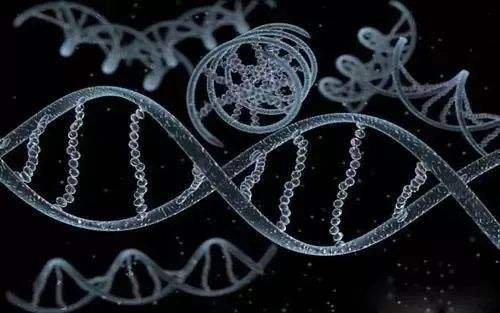(Junk DNA does have a use. It is the portion employed in DNA fingerprinting. Its practicality for this purpose was discovered accidentally by Alec Jeffreys, a scientist at the University of Leicester in England. In 1986 Jeffreys was studying DNA sequences for genetic markers associated with heritable diseases when he was approached by the police and asked if he could help connect a suspect to two murders. He realized his technique ought to work perfectly for solving criminal cases — and so it proved. A young baker with the improbable name of Colin Pitchfork was sentenced to two life terms in prison for the murders.) Most of your DNA, in other words, is not devoted to you but to itself: you are a machine for reproducing it, not it for you. Life, you will recall, just wants to be, and DNA is what makes it so.

Even when DNA includes instructions for making genes — when it codes for them, as scientists put it — it is not necessarily with the smooth functioning of the organism in mind. One of the commonest genes we have is for a protein called reverse transcriptase, which has no known beneficial function in human beings at all. The one thing itdoes do is make it possible for retroviruses, such as the AIDS virus, to slip unnoticed into the human system.












